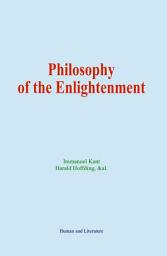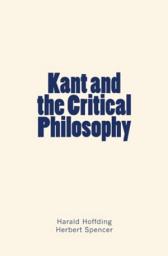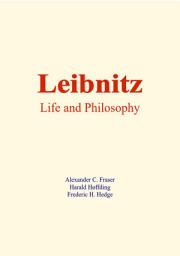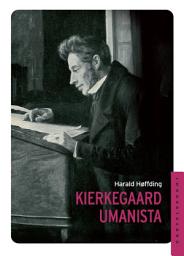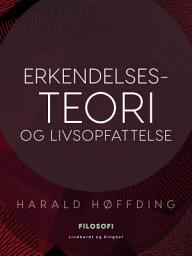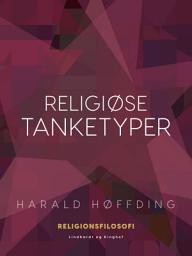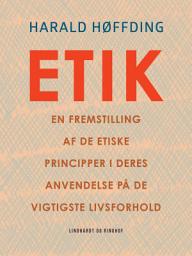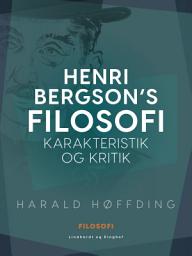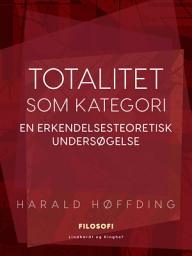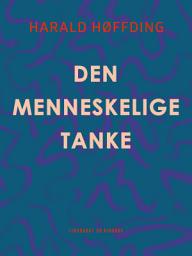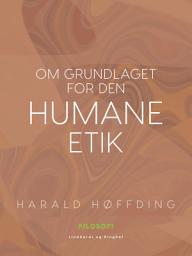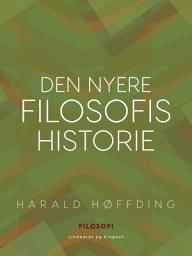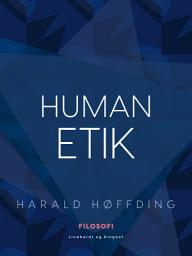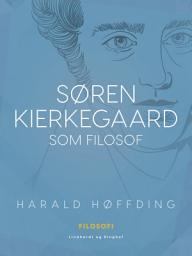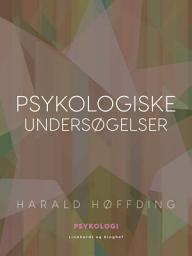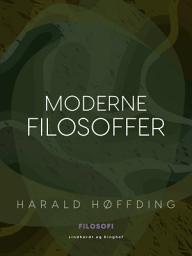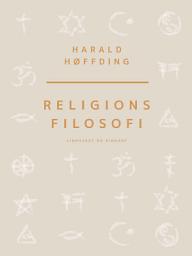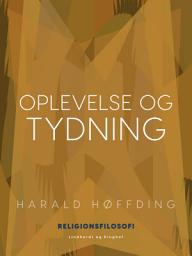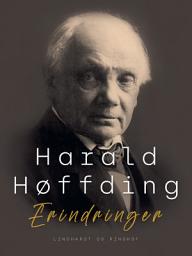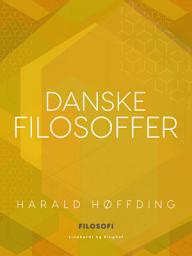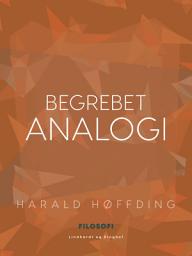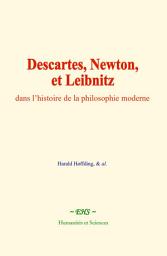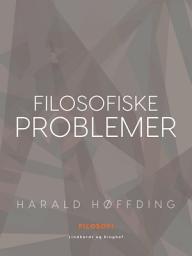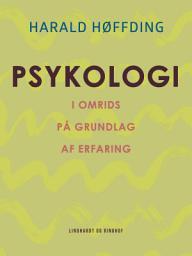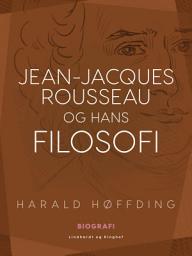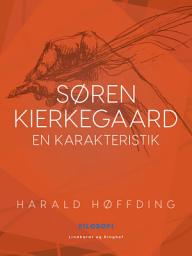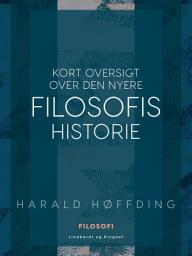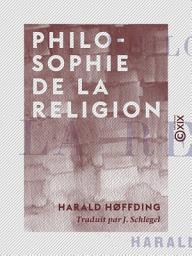Harald Høffding
Harald Høffding (11 March 1843 – 2 July 1931) was a prominent Danish philosopher and theologian, whose contributions to the field of modern philosophy continue to be recognized. Educated at the University of Copenhagen, Høffding quickly became an influential figure within intellectual circles. Notably, his seminal work 'A Brief History of Modern Philosophy' serves as a comprehensive exploration of philosophical thought from the Renaissance to his contemporary period. In this text, Høffding delineates the evolution of philosophical ideas and provides critical examinations of key figures and movements. His writing displays a characteristic clarity and systematic approach to complex philosophical concepts, offering accessible syntheses of ideas across various epochs (Høffding, 1900). Høffding's literary style is expository and educational, a reflection of his broader commitment to teaching and public philosophy. Throughout his career, he held positions at the University of Copenhagen and was an esteemed member of the Royal Danish Academy of Sciences and Letters. His influence extended beyond the academic domain as he engaged in significant philosophical dialogues with notable contemporaries, such as Søren Kierkegaard and Friedrich Nietzsche. Høffding's body of work—encompassing ethical theory, epistemology, and the philosophy of religion—continues to be a valuable resource for scholars seeking to understand the trajectory of modern philosophical thought.
Ebooks
